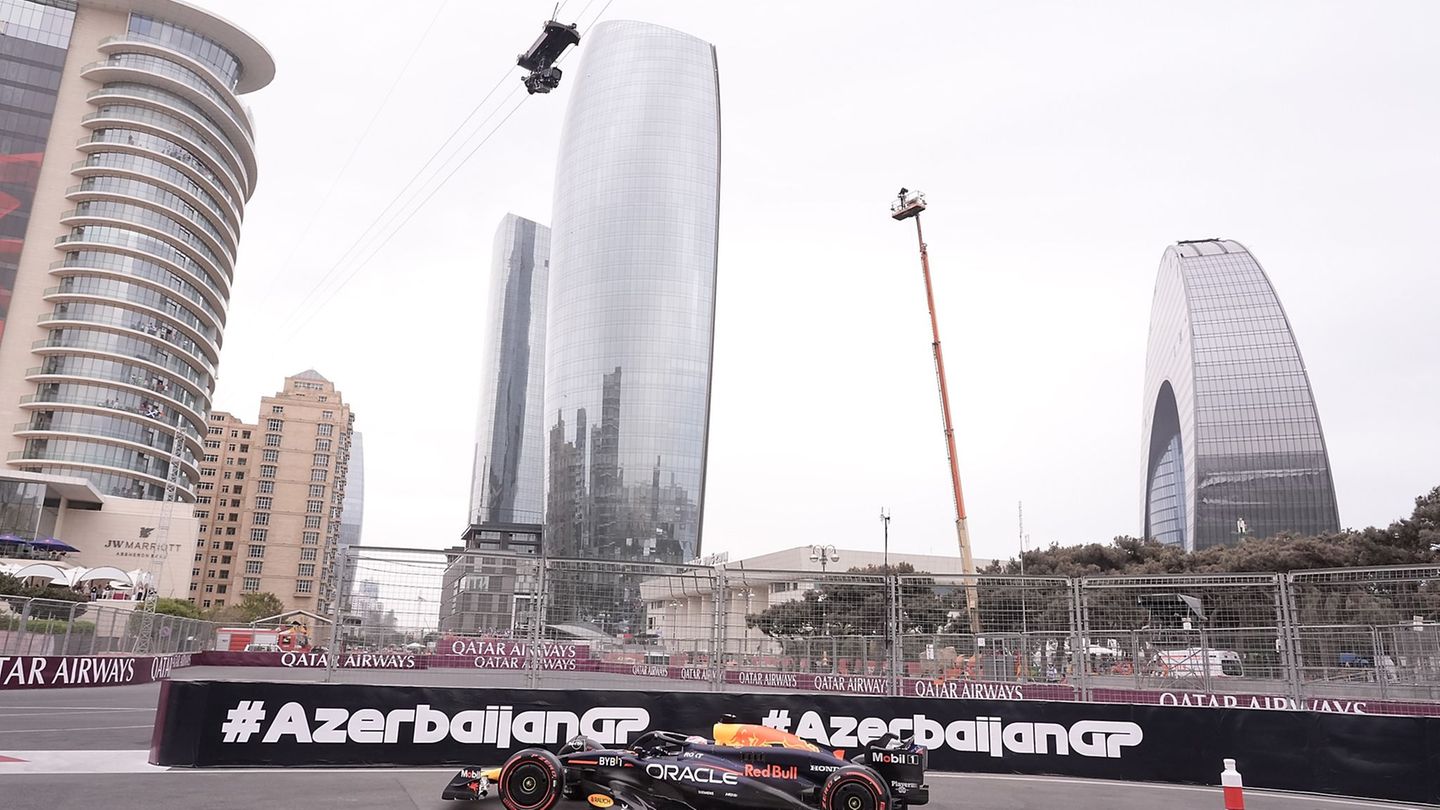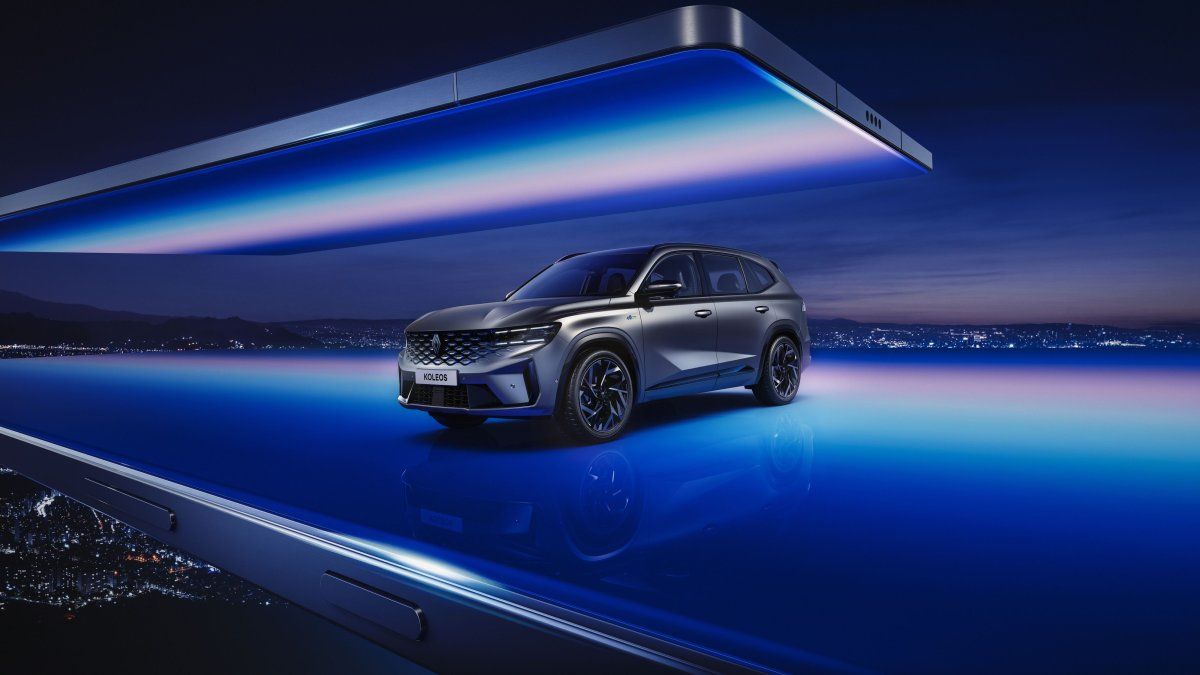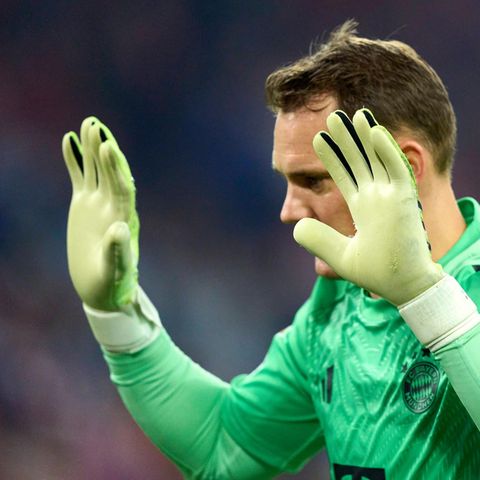The Argentine National Team came from an internal detonation. The 2014 World Cup and the 2015 and 2016 Copa América were excellent performances by our team, despite the defeat in the finals and the fact that, for reasons of force majeure, they had to switch from Sabella to Martino after the World Cup in Brazil . Little by little, and even more so after the death of Julio Grondona –July 30, 2014– the leadership of the AFA began to peel off in such a way that there was even a controller appointed by the National Government, as in previous times. to 1978. While all this was happening, Claudio “Chiqui” Tapia (who was already a leader closely linked to the Argentine National Team and respected by the players and even by Tata Martino) was gathering vote by vote to become president of the AFA as soon as everything was normalized. He did it on March 29, 2017, when he won the elections with 40 votes and 3 abstentions. Immediately, he appointed Edgardo Bauza as coach of the national team and, later, Jorge Sampaoli. The shipwreck of the 2018 World Cup was the end of several members of the previous generation of players and, logically, of Sampaoli, to whom there was no way to respect the 5-year bond that he had signed, for having destroyed the relationship with his coaching staff and several of the most important referents of the national team. Among them, of course, Leo Messi.
But Tapia must have seen something in Lionel Scaloni that the rest didn’t. The current and undisputed coach of Argentina who is going to play the 2022 World Cup final with France was Sampaoli’s second assistant. For some reason, he survived the implosion and started out as –or so it was said at the time– the interim manager. He had no experience and the only history of a rookie coach in the Argentine National Team was not encouraging. Humberto Maschio retired as a soccer player in December 1968 and at the beginning of 1969 he was appointed DT of the Argentine National Team that was going to play the qualification for the World Cup in Mexico in 1970. Armando Ramos Ruiz, former president of Racing and AFA controller, appointed him. by the de facto government of Juan Carlos Onganía. Bocha lasted 4 games (2 wins, 2 draws), but Onganía fired Ramos Ruiz and Maschio resigned. The rest is known history: it was the last time that Argentina did not qualify for a World Cup.
Nothing was known about Scaloni DT, then. We did know about the player, that he had had an important career in Europe and that he had trained as a coach on that continent. Aware of the consequences of making strong decisions on soccer issues, Chiqui Tapia appointed Scaloni to “direct the 2019 Copa América.” The announcement passed by in public opinion because, in those days, everyone was focused on the final in Madrid between River and Boca. They didn’t waste time with the juniors either. The work of Pekerman and Tocalli had been excellent, but Grondona had decided to end it after the 2008 Olympic Games. And, since then, things had not gone well due to lack of knowledge in youth of many of those who passed through the property of Ezeiza. Having rebuilt soccer for youth teams may be the greatest achievement that the AFA has to show between 2018 and 2022. Perhaps the disaster of the World Cup in Russia is directly linked to this lack of serious work in youth or to the delay in the replacement.
Scaloni was making the replacement in the Selection, little by little, with varied success. He was about to be eliminated in the first round in the 2019 Copa América, there were short circuits between the DT and some old guard players whom Scaloni had supposedly come to replace. The third place in that Cup was not the best, but there the DT planted his most valuable seed: he generated an important link with Leo Messi, a link that was solidified by the presence of Pablo Aimar, childhood idol of the Rosario genius. The fact that Pablo was present in Scaloni’s initial talks with Messi was decisive for our captain’s vote of confidence in the coach.
Scaloni took very good advantage of every nook and cranny of the property and its function to build his National Team, to put together a scheme to his liking and pleasure. Tapia only confirmed him in the position at the end of 2019, but he had never really wanted to look for another. It may not be the ideal method of choice — it clearly isn’t — but sometimes the least thoughtful things work out.
Already commissioned and without a doubt that he was going to reach Qatar in 2022, Scaloni, Aimar, Walter Samuel and Roberto Ayala, plus a group of people that includes video analysts and very good scouting, got to work. As the victories and the Olympic laps are the ones that legitimize the charges and the cycles (it sounds very good to say the opposite, but it is not real), the Argentina of Scaloni and Messi got a historic title, after 28 years of drought: they won the Cup América 2021 at the Maracana and had the epic victory over Brazil in a final. That victory fell in love with a whole generation of soccer fans who had never seen the light blue and white shirt win, kids for whom the photos of Maradona or Passarella carrying the World Cup were fascinating stories of parents and grandparents, but who in no way They represented them because, for them, the one who had to win and lift a Cup was Messi and that was not happening.
From then on, without the disgraceful backpack that “the Argentine National Team has been without titles for 28 years”, everything was easier. Some players made a qualitative leap in their career: Cuti Romero and Rodrigo de Paul, for example, went to more important clubs than the ones they were at, Dibu Martinez established himself at Aston Villa, Otamendi took risks going from City to Benfica, but won continuity and that resulted in a quality of play consistent with the history of the position, Lautaro Martinez is one of the best strikers in Europe, Julian Alvarez is establishing himself as a forward that is difficult to measure, Enzo Fernández will surely leave the Portuguese league soon towards a more important one, Tagliafico went from Ajax to Lyon, Paredes plays for Juventus with Di Maria, Lisandro Martinez is one of the main defenders of Manchester United. Alexis Mac Allister was not one of those who won the Copa América, but his great current status at Brighton gave him a title from which today it is impossible to move him. And, as if this were not enough, there are cases like those of Nahuel Molina and De Paul, with irregular performances at Atletico de Madrid, and yet, when they put on the national jersey, they play at levels that make them fundamental players.
All this happens, in addition and if it were necessary to say it, around a genius Messi, leader, focused and with very clear ideas about the path that must be taken. Like Maradona in 1986, Leo is surrounded by a group with coordinated movements, with a defined style and with individual and collective responses capable of overcoming any adversity.
For this reason, and before the time of the clash with France arrives, it must be said emphatically that this final should not be the end of anything, but a towering peak on a road that still has a long way to go. In the 78th minute, the Netherlands tied Argentina with very little left and in the 90th minute a ball hit Fillol’s right post. Menotti’s team needed the extra 30 to twist history in his favor. And in 1986, Germany raised a 0-2 deficit and Argentina, led by Bilardo and Maradona, needed a historic run by Burruchaga to win the final.
For having built a brilliant cycle brick by brick, after having started from a difficult place, for having valued players who arrived on tiptoe and today, thanks to this team, are world figures, for having one of the best versions of Messi -if not the best- carrying the group forward even in the worst moments, and expanding a popular happiness rarely seen, it is essential to be clear that the final is not the end, but a luxurious intermediate station of a team whose history will continue to excite us all on each field where it plays and whatever happens from 12 o’clock in Argentina, on this December 18, 2022.
Source: Ambito
David William is a talented author who has made a name for himself in the world of writing. He is a professional author who writes on a wide range of topics, from general interest to opinion news. David is currently working as a writer at 24 hours worlds where he brings his unique perspective and in-depth research to his articles, making them both informative and engaging.




